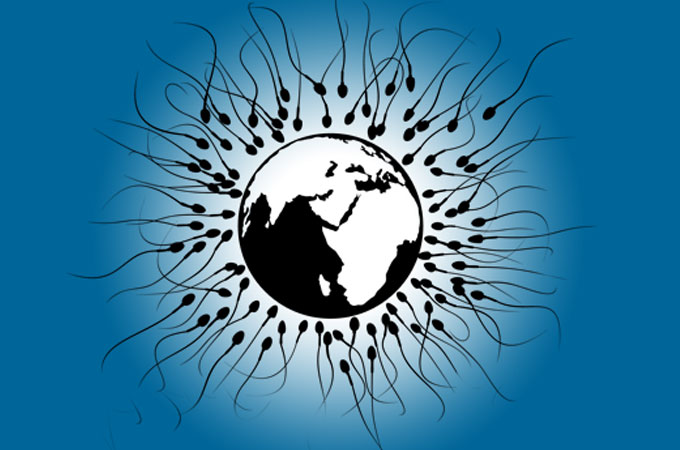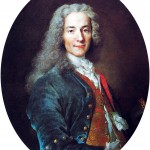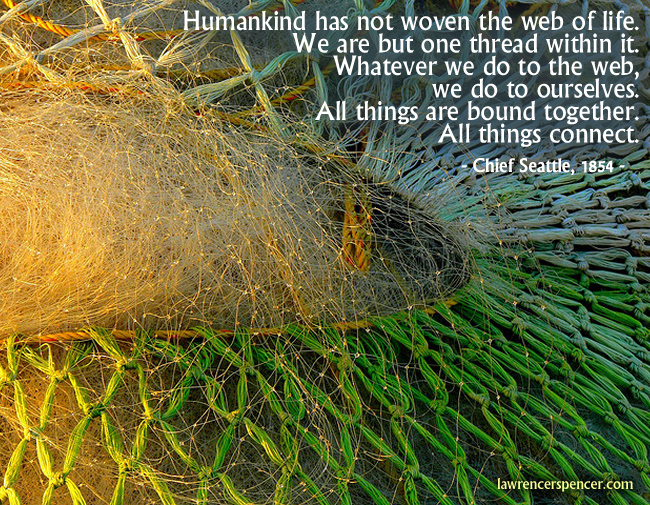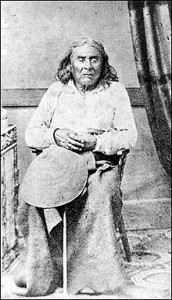Republished by Blog Post Promoter
-
nounAny species that has been introduced to an environment where it is not native, and that has since become a nuisance through rapid spread and increase in numbers, often to the detriment of native species.
In spite of political, religious, economic and scientific propaganda, a growing body of evidence demonstrates that the species “homo sapiens” is not indigenous to planet Earth. i.e. humans did not “evolve” here. In fact, the “theory of evolution by natural selection” is still a theory. Evolution, i.e. an ape does not “evolve” into becoming a “human”. It doesn’t work, in actual fact…. unless, a technician in a biological laboratory artificially combines the DNA with another species of life.
If the species “homo sapiens” did not originate or evolve on Earth, where did it come from? Details of where humans came from, why, when and how are found in the book ALIEN INTERVIEW:
“…evolution does not occur accidentally. It requires a great deal of technology which must be manipulated under the careful supervision of IS-BEs. Very simple examples are seen in the modification of farm animals or in  the breeding of dogs. However, the notion that human biological organisms evolved naturally from earlier ape-like forms is incorrect. No physical evidence will ever be uncovered to substantiate the notion that modern humanoid bodies evolved on this planet.
the breeding of dogs. However, the notion that human biological organisms evolved naturally from earlier ape-like forms is incorrect. No physical evidence will ever be uncovered to substantiate the notion that modern humanoid bodies evolved on this planet.
The reason is simple: the idea that human bodies evolved spontaneously from the primordial ooze of chemical interactivity in the dim mists of time is nothing more than a hypnotic lie instilled by the amnesia operation to prevent your recollection of the true origins of Mankind. Factually, humanoid bodies have existed in various forms throughout the universe for trillions of years.”






